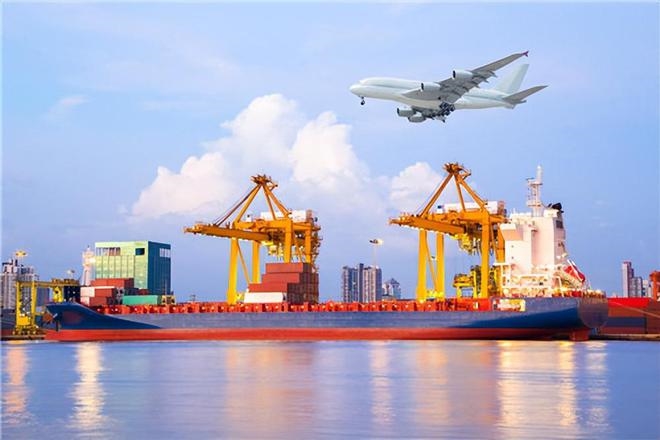With the continuous development of globalization and the rapid growth of e-commerce, cross-border e-commerce has become a vital avenue for many companies to expand their international markets. However, navigating the complexities of international logistics, including tariffs and regulations across different countries, presents significant challenges. So how can cross-border e-commerce effectively manage international logistics? TPD Logistics provides a detailed explanation below.

1. Understand the International Logistics Environment
In cross-border e-commerce, understanding the international logistics environment is crucial. First, companies must study the laws, regulations, and trade policies of their target markets, including import and export restrictions and necessary certification documents. Additionally, it's essential to comprehend the international logistics network and select appropriate logistics partners and service providers. Companies should also be mindful of time zone differences and special circumstances, such as holidays, in various countries to plan logistics timelines effectively and ensure timely delivery.
2. Choose the Right Mode of Transportation
Selecting the right mode of transportation is key in cross-border e-commerce logistics. Common options include air, sea, and land transport. Air freight is fast and suitable for small, lightweight, and high-value products with tight delivery schedules; sea freight is cost-effective for bulk goods and items with longer lead times; and land transport is ideal for logistics between neighboring countries or regions. When choosing a transportation mode, it's important to consider factors such as the nature of the goods, transportation costs, delivery timelines, and destination characteristics before making a well-rounded decision.
3. Establish an Efficient Warehouse Management System
Warehouse management is a critical aspect of cross-border e-commerce logistics. Implementing an efficient warehouse management system can enhance logistics efficiency and reduce operating costs. Selecting an appropriate warehouse location is essential, taking into account transportation distances, taxes, and customs clearance requirements. Additionally, adopting advanced warehouse technology and equipment, such as automated systems and barcode scanning, can streamline warehouse operations. Proper warehouse layout planning is also crucial for quick picking and accurate distribution, meeting consumers' expectations for fast delivery.
4. Strengthen Customs Compliance Management
Cross-border e-commerce involves navigating customs procedures and ensuring compliance. Companies need to fully understand the customs regulations and requirements of their target markets to ensure compliance with both export and import laws. To expedite customs clearance, prepare the necessary documentation and supporting materials in advance, and foster strong communication and cooperation with customs authorities. Utilizing modern customs declaration systems and tools can further enhance the accuracy and efficiency of customs declarations, reducing the risks and delays associated with customs inspections.
5. Optimize Logistics Tracking and Customer Service
Optimizing logistics tracking and customer service is vital for enhancing the cross-border e-commerce experience. By implementing a traceable logistics information system, companies can keep consumers informed about the progress and status of their orders. Providing multi-channel customer service, such as online chat, phone support, and social media interaction, ensures that consumers' questions and concerns are addressed promptly. Additionally, timely communication of any transportation delays or issues, along with proactive problem-solving, flexible return policies, and efficient exchanges, can boost consumer trust and satisfaction in cross-border e-commerce.
In summary, effective management of international logistics is crucial for the success of cross-border e-commerce. By understanding the international logistics environment and continuously improving and innovating, cross-border e-commerce companies can overcome logistical challenges, achieve sustainable growth, and provide superior products and services to global consumers.


